Black lives: the fourth state of matter
Why we can no longer stand in silence for violence against African-Americans

Iwill never know what it’s like to hope and pray each day that my brother and father make it home safely at night. I will never see my dad walk out the door, and know there’s a legitimate possibility he’ll be shot by a police officer.
My dad, at the height of around 5’7”, will never be considered a “big bad dude” to the police. He will never have to remember his mother’s lessons of “yes sir, no sir” or keeping his hands in plain sight, or fearing that two minutes at this traffic stop might be his last. My dad, like myself and the rest of my family, is white.
In the span of 24 hours, two more innocent black lives were ripped away by paid public servants. The victims’ names are Terrence Crutcher and Keith Lamont Scott.
Crutcher was a pastor, father of four and a student at the local Tulsa Community College. He was shot by Officer Betty Shelby in Tulsa, OK after his car broke down on his way home from a music class.
Keith Lamont Scott, a father of seven, was performing his regular routine when he was shot by Charlotte, NC Officer Brentley Vinson: waiting in his car for his son to arrive on the schoolbus.
We will remember the victims’ names for a short while, only to have #TerrenceCrutcher and #KeithLamontScott be replaced by a new hashtag attached to a different name.
Black lives are reduced to statistics daily, and despite all the efforts to build tolerance and compassion between officers and black communities, there doesn’t seem to have been much change. Even when complying with the police, keeping their hands up and communicating, black people are gunned down. They are “too loud,” “too suspicious” or “too quick.”
As a nation, we have built a tolerance for violence against people of color. Before we can properly mourn the death of one, we are hit with another.
Mourning is not feeling sad for a brief moment while scrolling through your Facebook feed. Mourning is thinking of their families, their friends and their lost lives. Mourning is using your privilege as a platform; mourning is speaking up with pain in your heart and frustration in your mind. To mourn the deaths of these innocent black men and women, we must do something, not stand idly by while another Facebook video scrolls past our eyes.
We cannot stay silent. We cannot stand by. We cannot simply retweet a hashtag hoping it’ll inspire worldwide change.
As a white female living in one of the most privileged neighborhoods in the nation, I will never face the discrimination nor will I experience the fear countless people of color face every day, at all ages.
Yes, I am white, and yes, the only burden I truly carry is the burden of my privilege. But I refuse to let my privilege stand in the way of taking action. We have supported and funded a system of injustice that keeps people of color below the poverty line and behind bars for too long.
This system perpetuates the act of labeling people of color as “dangerous” and allows paid public servants to walk free after shooting a black man who was selling CDs outside a convenience store. Or after strangling a man in a chokehold who repeatedly cried that he couldn’t breathe.
The only way to dismantle this system is to be loud. Organize a peaceful protest, write a letter to your local Congressman or woman, donate to an anti-racism organization and ultimately, raise awareness.
Say their names. Sandra Bland. Michael Brown. Tyre King. Philando Castile.
Keep their families in your mind.
But also, listen. Listen to the people around you and do not argue when they describe their struggles. For those who think the election of a certain president will solve this issue of police brutality, please spare us. The change is our hands, not a politician’s. It is our duty to give voices to the voiceless and we are more than capable to fight this battle.
We need to open our ears, our hearts and our minds to the reality around us. These issues are real, and only continue to escalate.
There is no more time for “thoughts and prayers.” Now is the time for advocacy, awareness and action.



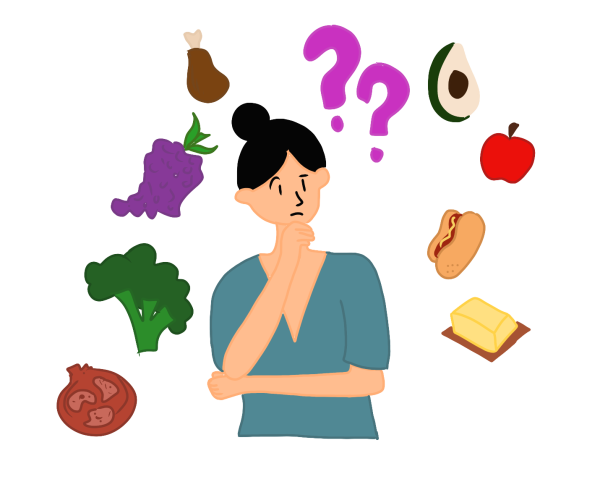
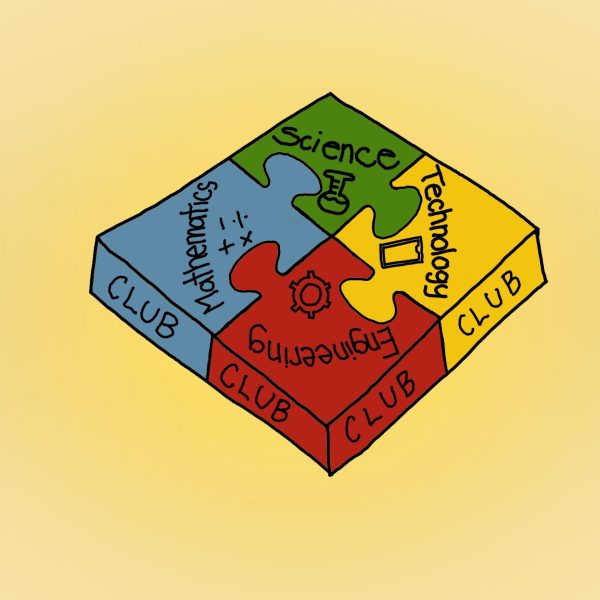
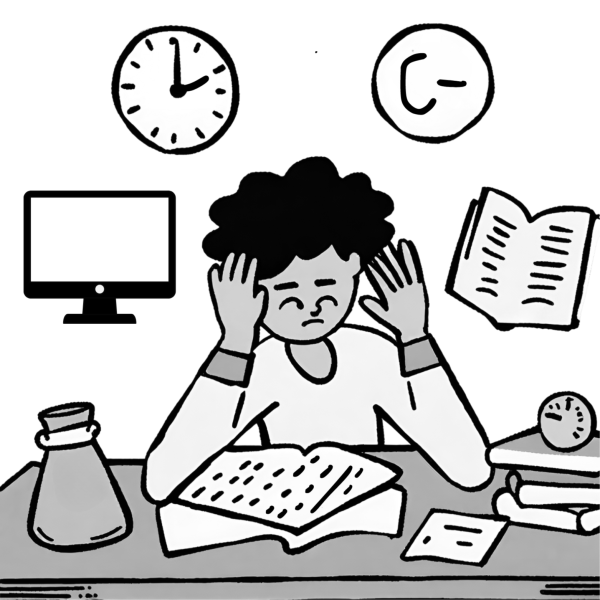
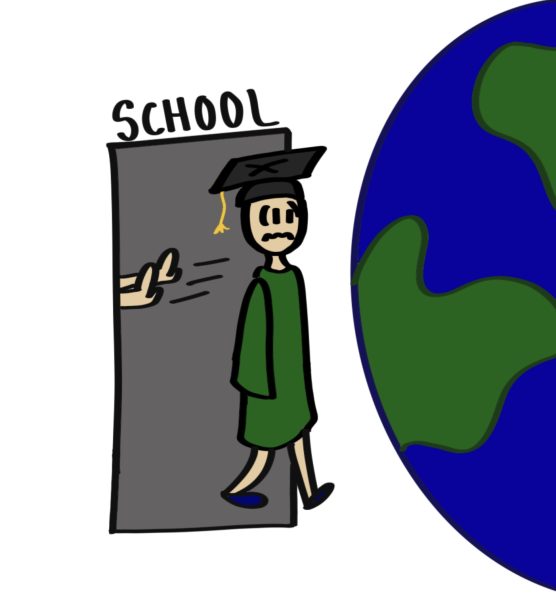
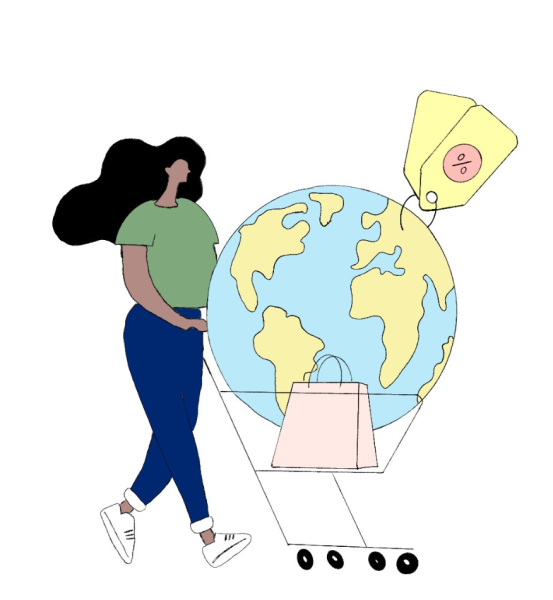
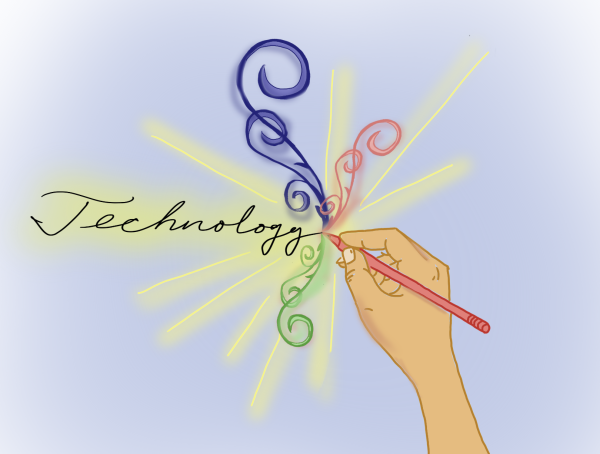
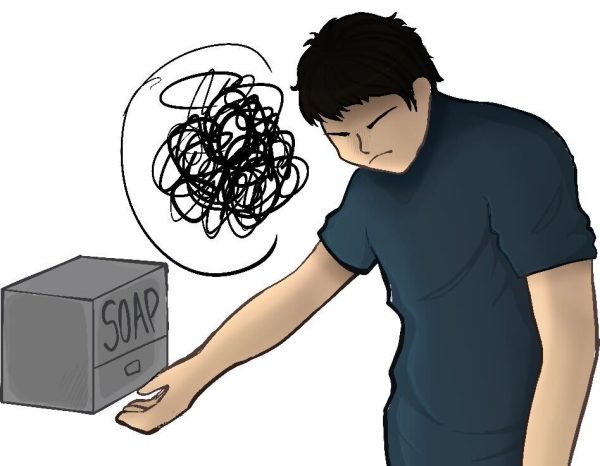
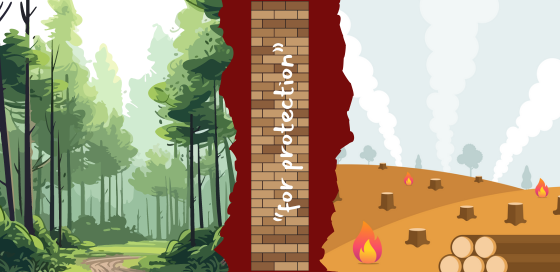

Anonymous • Oct 5, 2016 at 10:08 am
“Listen to the people around you and do not argue when they describe their struggles.” Due process? Skepticism? Rationality? Are these concepts not important? Why must we accept statements at face value without any bit of skepticism? We can listen to them, but we don’t have to agree with them.
“I disapprove of what you say, but will defend to the death your right to say ” -Voltaire
Anonymous • Oct 5, 2016 at 10:03 am
White privilege? Really? I sent this as a reply to a ‘Bar on Brief’ article about Colin Kaepernick.
1. Police departments across the nation unfairly target, arrest, and shoot at Blacks.
It is true that, considering Blacks make up 13% of the US population, they are overrepresented in the US prison population as well as the confrontations with police officers. The big question is, why is this? Are the police going out of their way to stop and arrest Blacks? One possible and very likely explanation for this statistic is the fact that Blacks commit a disproportionate amount of violent crimes. Uniform Crime Reporting has the homicide rates in 2013 which shows Black’s committed about 47.14% of violent homicides. For a population that makes up only 13% of the total population in the United States, a 47% homicide rate certainly stands out. Furthermore, a New York City report from the NYPD (NYPD Annual Firearms Discharge Report) shows that Blacks were 79% of subjects who fired on police (Figure 2.16). Now what does this all mean? Well, the fact that Blacks commit a disproportionate amount of violent crimes is a possible explanation for why you see Blacks overrepresented in arrest statistics as well as being shot at. The NYPD statistic shows a disproportionate amount of Blacks firing on police as well (Blacks to do make up considerably more than 13% of the population in NYC) but this may explain why Blacks make up 69% of subjects killed by police gunfire (Figure 2.15). Essentially the statistics for crime rates, and especially for crimes that the safety of police officers are at risk, correlates with the number of Blacks arrest and shot. It is important to note that I am not saying all or even most Blacks are criminals but rather that statistically Blacks commit more crimes in proportion to their makeup of the US population.
Sources:
1. Uniform Crime Reporting: https://ucr.fbi.gov/crime-in-the-u.s/2013/crime-in-the-u.s.-2013/offenses-known-to-law-enforcement/expanded-homicide/expanded_homicide_data_table_6_murder_race_and_sex_of_vicitm_by_race_and_sex_of_offender_2013.xls
2. NYPD Annual Firearms Discharge Report (figure 2.15 & 2.16): http://www.nyc.gov/html/nypd/downloads/pdf/analysis_and_planning/nypd_annual_firearms_discharge_report_2012.pdf (Check out Figure 2.13 & 2.14 as well)